Oliver Richert sat with his long-time adviser, piecing together college applications and financial aid.
Then, she broke the news: The federally funded program called TRIO that enabled her to help Oliver from his middle school years through the end of high school would be shut down at the end of September.
“I’ve been upset since then about this whole thing because it’s just, it’s pretty frustrating,” Oliver said. “Definitely throws a wrench in some of my plans that I’ve been scheming on, so it’s not that they’re going to be impossible to achieve now, just that there’s going to be some more obstacles.”
The Concord High senior is trying to squeeze in one more meeting with his adviser before she’s set to be laid off on Sept. 30.
Earlier this month, the Trump administration froze an estimated $600 million nationwide that was earmarked to help students like Oliver plan for their futures and navigate college. Most of that funding came from Gear Up grants, which offer tutoring, mentorship and career planning help starting in middle school, and TRIO grants, which provide academic planning services and resources for low-income kids and first-generation college students.
More than 5,000 New Hampshire students will see their TRIO and Gear Up services end on Sept. 30 unless the Trump administration reverses course on its decision to freeze the grants. Those services amount to $4.8 million for Gear Up and $1.2 million for TRIO.
Oliver has been enrolled in the TRIO program since middle school and said it’s allowed him to tour different colleges and grow a relationship with his adviser, who he said he could always turn to with questions about financial aid and other logistics. The program also helps locate scholarships and provides financial support for college application fees.
Thinking TRIO would cover his application costs, Oliver planned to apply to 10 different colleges. But each application can cost as much as $100, and without TRIO’s financial support, Oliver said he is rethinking his priorities in an effort to narrow down his list of colleges.
His mom, Sharon Richert, said she was a newly single parent supporting two children on her teacher’s salary when Oliver first applied for TRIO. The adviser’s help has been paramount over the past six years, and with Oliver entering “senior-year mode,” Richert said the sudden cancellation of these services threw them for a loop.
“This is what it all comes down to, and to have the rug pulled out from under you in that moment has left him feeling unsure and anxious and worried about things I don’t want him to have to worry about,” Richert said.
Republican Gov. Kelly Ayotte and the four Democrats who represent New Hampshire in Congress want that money restored. All have said they’re advocating for the Trump administration to unfreeze the funding.
“These cuts are not about waste, fraud and abuse,” Congresswoman Maggie Goodlander said at a roundtable discussion in Franklin on Tuesday. “They’re not about anything other than arbitrary cuts. They can’t know the impact, because if they did, they wouldn’t have done this.”
In communities like Franklin and Pittsfield, where schools have lost dozens of jobs in recent years, federal programs provide opportunities that local taxpayers can’t afford.
Facing budget constraints and state mandates to meet demands like special education, these districts are often forced to place positions that aren’t required by law on the chopping block first. That’s partly why Pittsfield only has two guidance counselors on staff.
Almost two-thirds of Pittsfield students in grades 8-12 are part of Gear Up, which Superintendent Sandie MacDonald said has been a “bright light” for them.
The announcement from the Trump administration explaining the cancellations left some confused.
In a letter sent to the administrators who run the TRIO Educational Talent Search program at UNH, the federal Department of Education asserted that the university was using the grant money to engage in diversity, equity and inclusion initiatives that conflict with the Trump administration’s policies.
Adam Howard, the associate director for Educational Talent Search, said his team could find only one instance that could justify the administration’s claim: a required government form submitted several years ago that asked colleges about their community partnerships and the factors, like poverty and race, they work to create more accessibility around. Howard argued that DEI wasn’t part of their grant proposal or plan of operations at all.
“We’re not DEI programming,” he said. “We’re an economic opportunity program. Nothing about our services are based on race or color or anything like that, so it was a very unexpected non-continuation notice.”
UNH filed an appeal to the federal government’s decision but has yet to receive a response. Dozens of people in New Hampshire who provide TRIO and Gear Up services are expected to be laid off if the cuts are implemented as planned.
https://www.concordmonitor.com/2025/09/24/trio-gear-up-funding-cuts-nh















